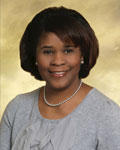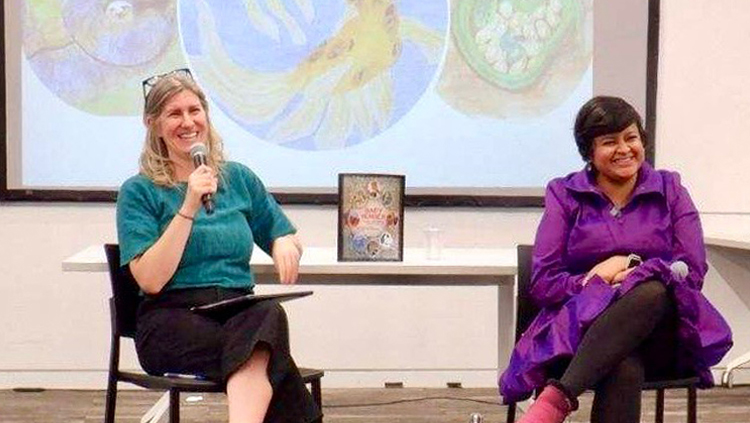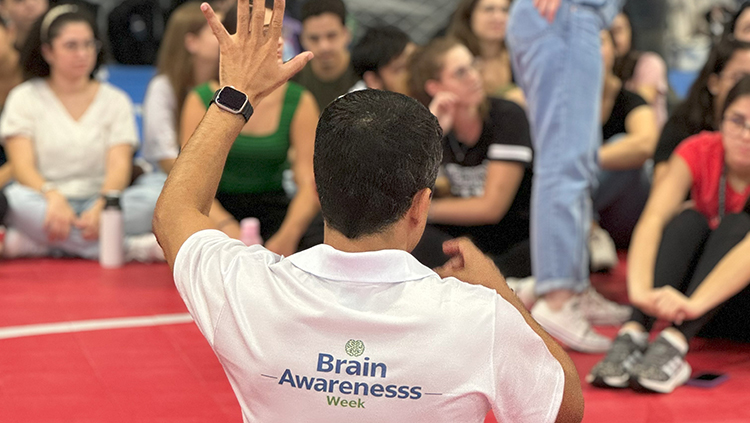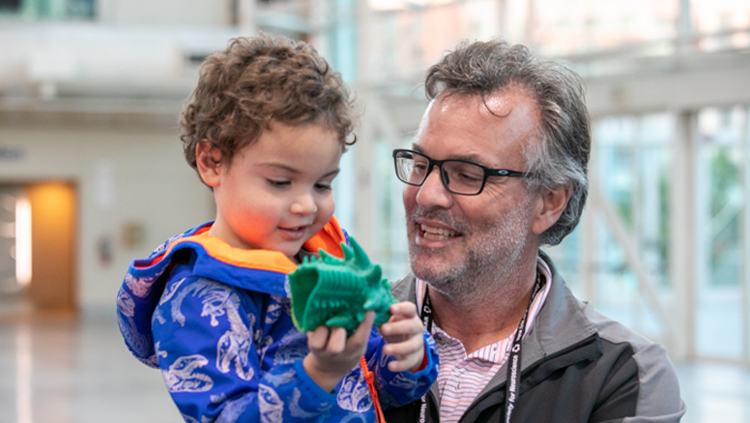Make It Human: Tips for Talking About Your Science
- Featured in:
- Advice for SfN’s Annual Meeting ,
- Advice for SfN’s Annual Meeting
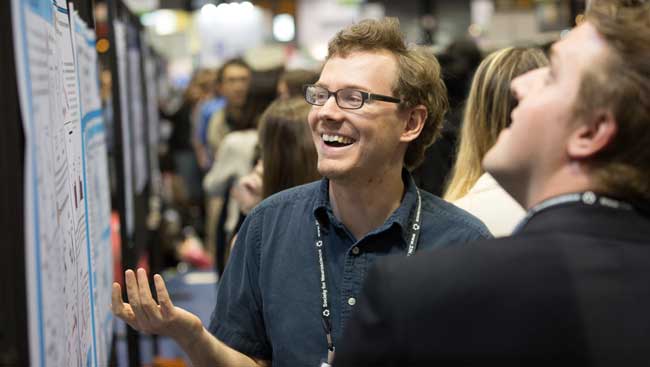
The following Q&A features Suzanne Ffolkes, Scott Thompson, and Leslie Tolbert, and is adapted from the webinar, Communicating Your Science to the Non-Expert: An Online Workshop.
How can neuroscientists explain their science concisely and interestingly without omitting nuance? What are some effective engagement strategies?
Suzanne Ffolkes: Think about the core elements of your elevator pitch. The who, what, when, where, and why from journalism are a good way to think about how you provide a simple and compelling answer to the questions you may receive. Also think about ways to paint the picture in terms of what it means from a health and economic impact. Think about what would resonate with them and what statistics or facts would help them to connect the dots of what occurs in your lab and in the clinical application process.
Scott Thompson: Before you have a formal speaking opportunity, really think about your audience. What are their interests likely to be and what are their education levels likely to be? Then tailor the talk specifically to the audience you’re speaking to. If you are speaking to the general public, you’re not going to want to use the same set of slides you would use if you were presenting to a scientific setting.
Leslie Tolbert: Make it human and make it simple. We are human scientists, so it’s important for people to realize we are people just like they are. The other thing is that for any group, there is something they will be interested in. Often it will be the health-related impact that matters, but sometimes not. I think people are really interested in how their brains work. When you start talking, and it becomes clear to them that you are talking about their own brains, and also perhaps illnesses and disorders that the people they love are suffering from, it feels personal very quickly and you can engage their interests. So I find that keeping the language simple but letting the audience you’re talking to drive the direction you go is the most important thing you can do.
Make sure to watch the full webinar, Communicating Your Science to the Non-Expert: An Online Workshop.
How do you get nonscientists interested in your research? How do you approach talking about the details? Offer tips to your colleagues below.
Speakers
